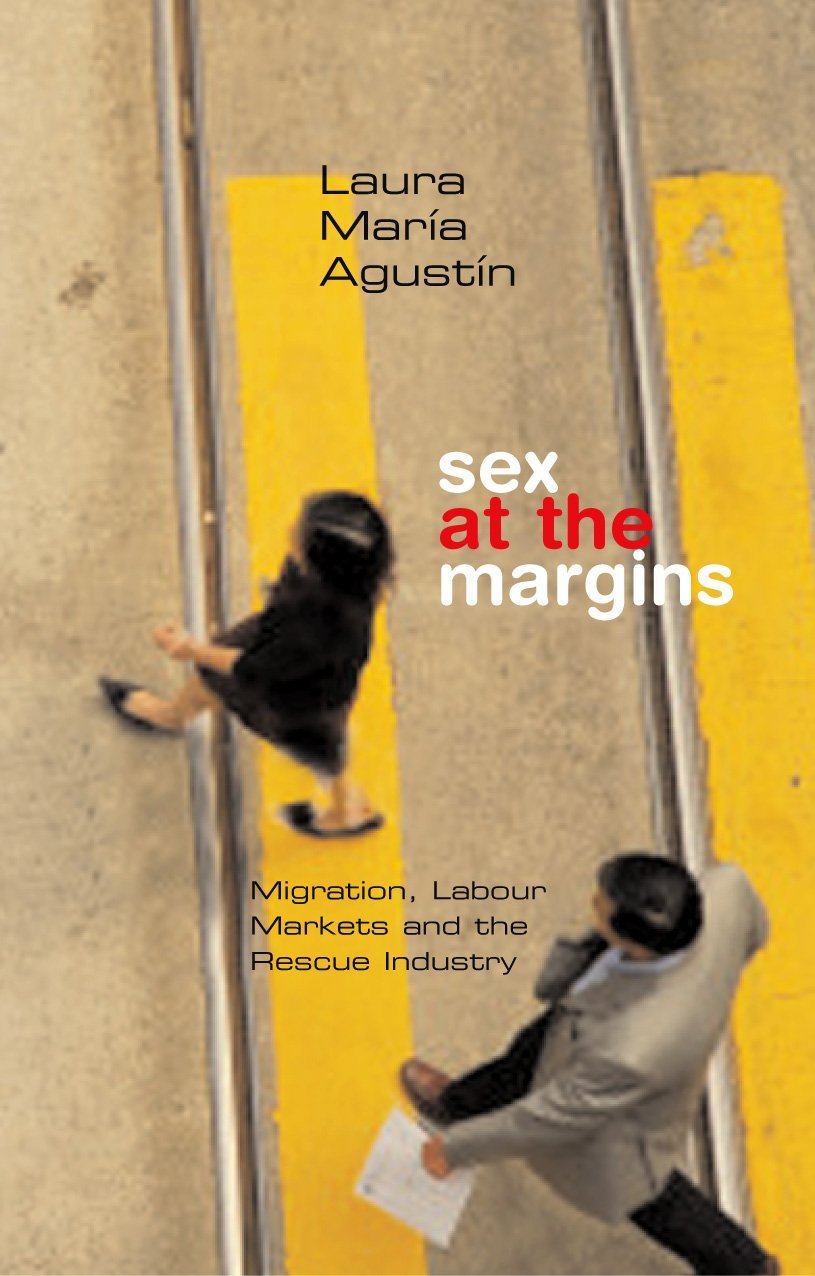If you’re in New York, try to come to tonight’s event at 66th Street and York Avenue – a lot of fantastic people will be in attendance.
I’m giving a talk at a good evening hour on 10 March, on the East Side in the 60s, and welcome anyone interested to come along. The lecture is part of the Pugwash series of conferences ‘examining the relationship between science and society, to ensure that research benefits humanity.’ This is a good opportunity to consider what social-justice advocates and social scientists consider to be evidence of a problem and what it means when proofs conflict. So many trafficking conversations consist of ideological battles that I don’t wonder most people feel confused about what’s going on.
Trafficking, migration and the sex industry: Framing the questions, providing the proofs
Lecture by Laura Agustín, author of Sex at the Margins: Migration, Labour Markets and the Rescue Industry
Rockefeller University
Weiss Building Room 305
York avenue at 66th Street
New York NY 10065
Enter the campus at 66th Street
Wednesday 10 March 2010
645 pm (refreshments) – 9 pm
Lecture begins 7 pm, Questions 8 pm
Subway: Lexington Avenue Local #6 to 68th Street/Lexington Avenue Station; walk east
Buses: M31 (York Avenue/57th St crosstown) and M66 (68th St crosstown
Contact: pugwash [at] rockefeller.edu
Laura Agustín studies cultural, sexual and postcolonial issues linking commercial sex, migration, informal economies and feminist theory. Her research amongst migrants and social helpers challenges several contemporary myths: that selling sex is completely different from any other kind of work; that migrants who sell sex are always passive victims; and that the multitude of people out to save them are without self-interest. Agustín argues that the label ‘trafficked’ does not describe migrants’ lives and that a Rescue Industry disempowers them. Frequently, says Agustín, migrants prefer to work in the sex industry to their other options, and, despite being treated like a marginalised group, they form part of a dynamic global economy.


Pingback: mumbai images